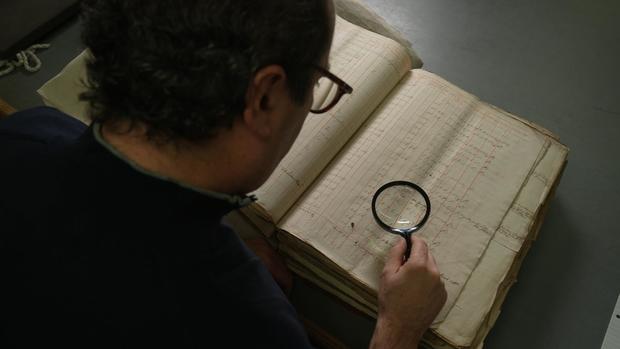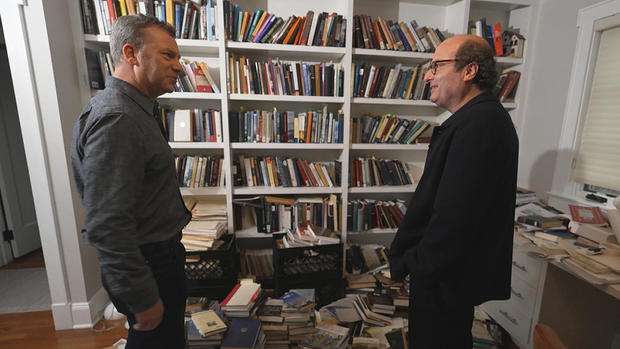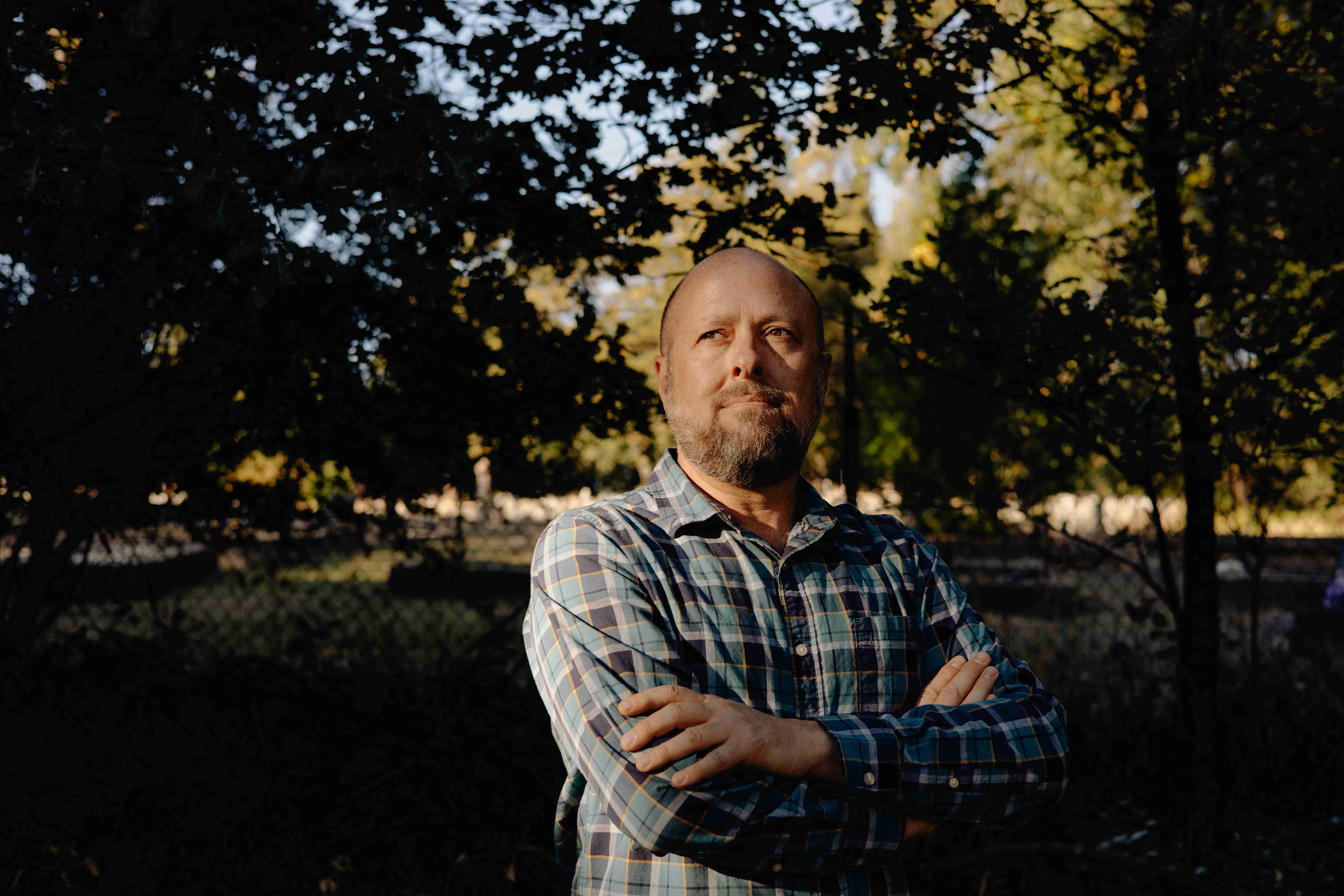Author David Grann takes harrowing journey to inhospitable island to tell story of shipwreck and mutiny
Author David Grann does not think of himself as an explorer, but he'll travel to the ends of the earth to perfect the stories he tells.
He spent two years poring over archival records about the lives of 145 castaways from an 18th century British warship called The Wager but that wasn't enough for him, he told 60 Minutes correspondent Jon Wertheim. So Grann flew to Chile, chartered a 52-foot vessel, and ventured to what is now known as Wager Island himself. Grann and his crew endured the moody waters over a ten-day journey. He hunkered down on the ship's floor and popped some Dramamine on the way to the island.
"I would never have endured anything that these people endured, but my own quests do sometimes get me in places and to do things I otherwise would never do in my ordinary life," Grann said. "You would never catch me going to Wager Island in a little boat."
With British and Spanish empires at war, the doomed warship set sail as part of a squadron, rounding Cape Horn in search of a Spanish galleon filled with treasure off the coast of the Philippines. That meant negotiating some of the world's most treacherous waters and winds. The Wager lost its way just off the coast of Patagonia, getting into trouble in the Golfo de Penas, or Gulf of Pain. It careened into rocks and was torn to pieces. The castaways swam to the nearest island and spent months living on the inhospitable spit of land.
"I am not an explorer. … When I look at these people, I mean, I woulda been the first to die on the island," Grann said. "Let's be perfectly honest."
Starving and sick with scurvy, the castaways dealt with unrelenting cold and whipping winds. The only edible thing that grows on the island: celery, tough it did cure their scurvy.
"There were no animals. I kept thinking, 'Oh, there's gotta be something. Like, something. There's gotta be a rat,'" Grann said about his visit to Wager Island. " But we couldn't find anything."
Though the 56-year-old author admits he prefers the indoors and hates camping, he says he began to feel a trip to the island was necessary while researching "The Wager," out April 18.
"There came a point where I began to fear that I could never fully understand what these 150 or so men had gone through on that island unless I went," Grann said. "There's always a moment where something gnaws at you, something unknown. And so it was then that I decided to try to make this trip."
Marooned on Wager Island, the castaways split into factions, including a group intent on overthrowing their captain: an act punishable by death. It was a classic mutiny.
"On this island you see everything playing out. You see questions of leadership playing out. You see questions of loyalty playing out, questions of duty playing out," Grann said. "You see human nature being peeled back. All that is taking place in this little tempest."
For his first book in 2009, "The Lost City of Z," a No. 1 bestseller turned into a feature film, Grann trekked through the Amazon to a place known as the Green Hell, following the trail of a British explorer, Percy Fawcett. Grann's swashbuckling takes on an added degree of difficulty on account of a degenerative eye condition he's had since his 20s.
"It's terrible when you're on an expedition. Like, you're, like, can't see at night, and you're stumbling, getting lost, or you're falling, or you're on a boat, or something like that," he said. "But because I know I have this weakness, I'm very acutely observing as much as I can. And in some ways, maybe paying more observation than if I could just take it in so easily."
Grann first put those powers of observation to work as a reporter on Capitol Hill. But, tired of Washington spin, he wanted to write real stories. In 2003, he joined the New Yorker magazine. In one issue, he might write about an eccentric giant squid hunter in New Zealand; in another, a botched death penalty conviction in Texas. All of it was predicated on exhaustive research.
"The truth is that I don't think you can really be a writer and a researcher and an investigator unless you are at some level obsessed," he said.
Reconstructing stories from history, blow by blow, is classic Grann. He's created his own subgenre of narrative nonfiction: a page-turning mix of history, journalism and true crime.
"The Lost City of Z" was Grann's first work to be adapted into a film. His 2017 book, "Killers of the Flower Moon, ignited a Hollywood auction, with a winning bid of $5 million. The film—directed by Martin Scorsese and starring Leonardo DiCaprio—premieres at Cannes next month.
The movie will clock in at nearly four hours, Variety reported. It will break records to become Scorsese's and DiCaprio's longest film.
"The Wager" has also been optioned for film; it would be Grann's sixth story to hit the big screen.





